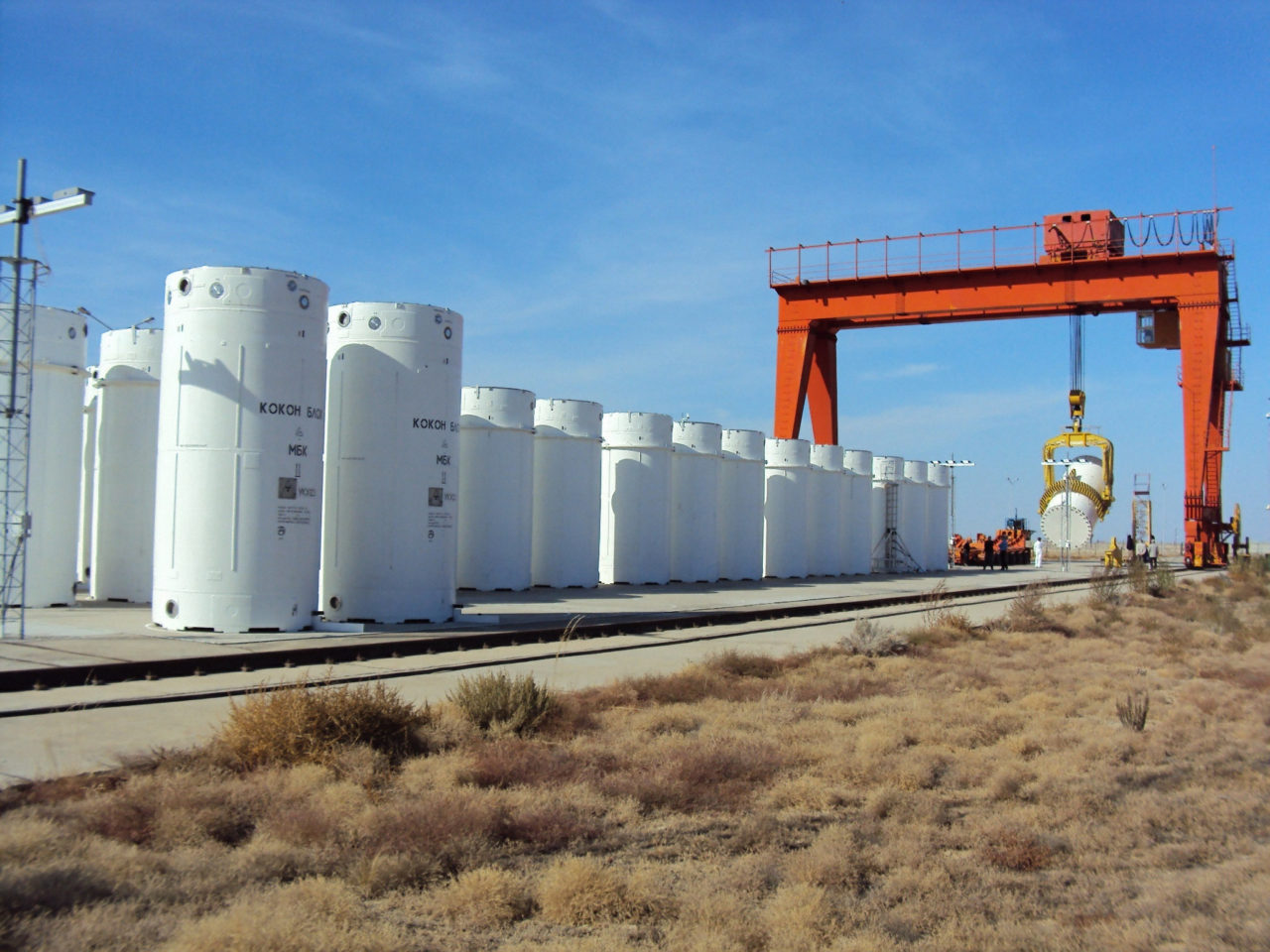
A House of Representatives committee on Wednesday passed a bill intended to advance centralized storage and permanent disposal of the nation’s nuclear waste, while the long-promised Senate version of the legislation was finally filed.
The effectively identical…